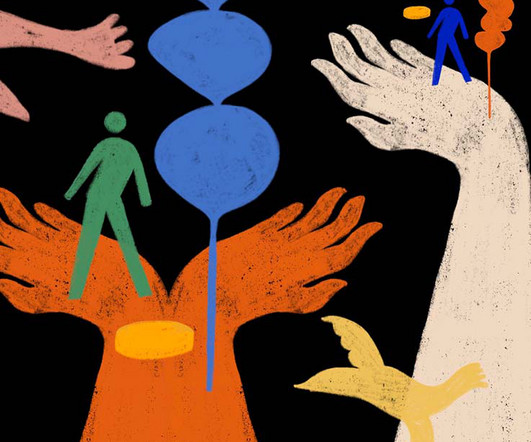5 Ways For Civil Society To Engage With AI
The NonProfit Times
MAY 20, 2024
Engaging with AI thoughtfully is part of what makes it better for the sector, and while there exist major factors around ethics, disclosure, and responsible use, AI presents the nonprofit sector with an opportunity to leverage powerful digital tools in service of enhancing the capacity to do good in the world. AI can assist. This isn’t novel.


















Let's personalize your content